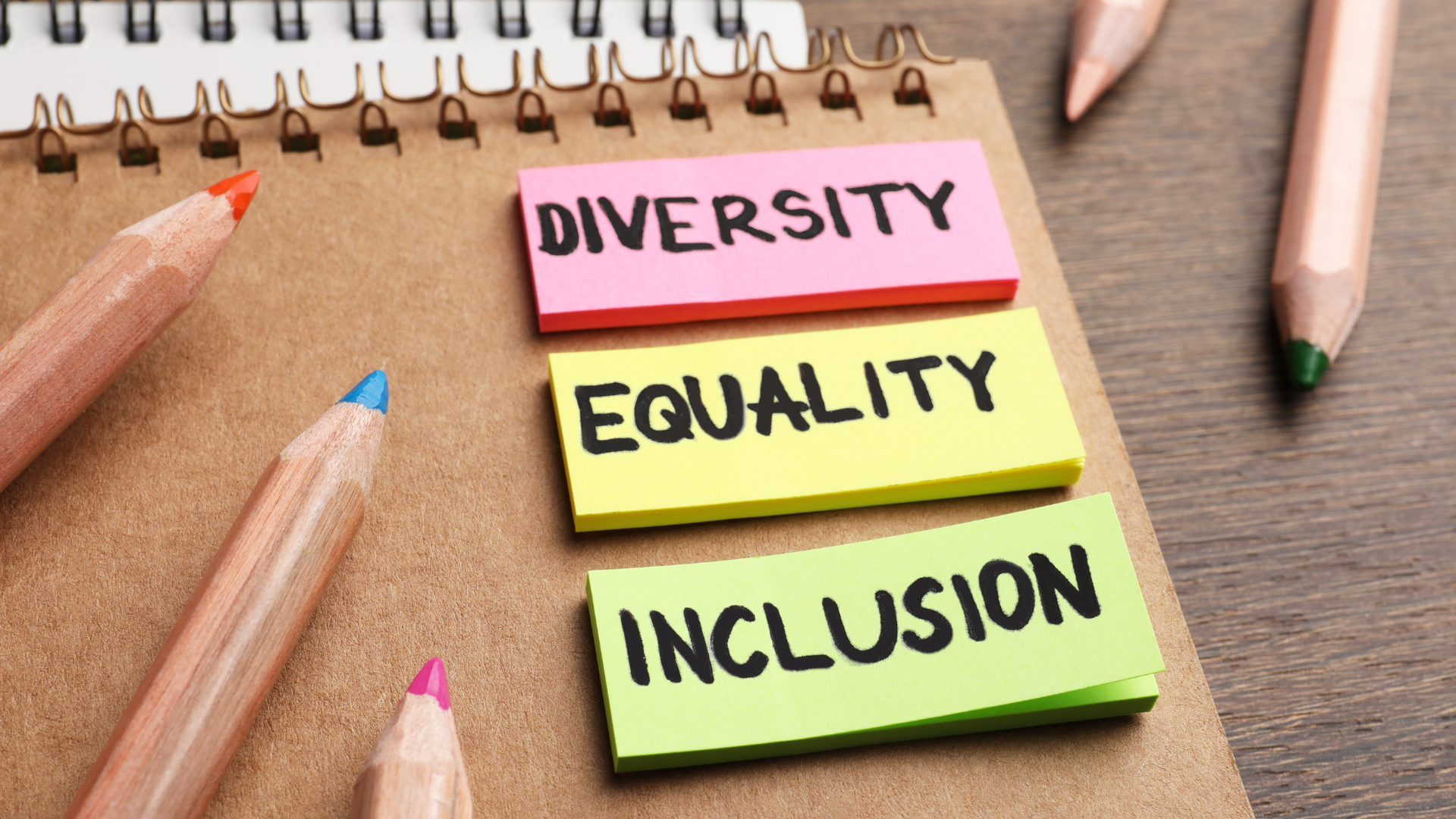The Greek Orthodox Community of NSW’s (GOCNSW) Welfare Service is proud to announce a series of workshops aimed at addressing the elimination of racial discrimination and promoting cultural inclusion within the Greek Australian community.
Proudly funded and supported by the Inner West Council, the two workshops will be held on Thursday 22 May and Thursday 29 May at Activity Rooms 3 & 4, Inner West Council, 260 Liverpool Road, Ashfield, immediately following International Day for the Elimination of Racial Discrimination (21 May).
These culturally and linguistically appropriate sessions are designed to raise awareness of racial discrimination and encourage inclusive attitudes and practices across the Inner West.
Participants will hear from expert speakers and receive bilingual information bags to share with family and friends—broadening the conversation across the wider community.
Session Details:
Thursday, 22 May | 10:30am – 1:00pm
- Speaker 1: Dianne Anagnos – Deputy Director/Solicitor, UNSW Kingsford Legal Centre
- Topic: Australian laws prohibiting racial discrimination, how to make a complaint to Anti-Discrimination NSW or the Australian Human Rights Commission.
- Lunch Break: 11:15am
- Speaker 2: Kate Xavier – Professional Learning Officer, Together for Humanity Foundation
- Topic: Anti-racism training, the importance of identity, understanding name origins, impacts of racism, racism card game, and strategies to be an “upstander” in the community.
Thursday, 29 May | 10:30am – 1:00pm
- Speaker 1: Zarlasht Sarwari – Community Engagement Officer, Anti-Discrimination NSW
- Topic: Overview of ADNSW’s work, real-life case studies, complaint processes and outcomes.
- Lunch Break: 11:15am
- Speaker 2: Arif Ongu – Training Specialist, UTS Centre for Social Justice and Inclusion
- Topic: Interactive workshop on how to actively and intentionally challenge racism in everyday life.
These workshops aim to foster understanding, empower individuals to recognise and challenge racism, and promote a more inclusive, respectful society.
The events are free to attend, but registration is essential. To reserve your place, please contact the GOC NSW Welfare Department on (02) 9740 6022.
